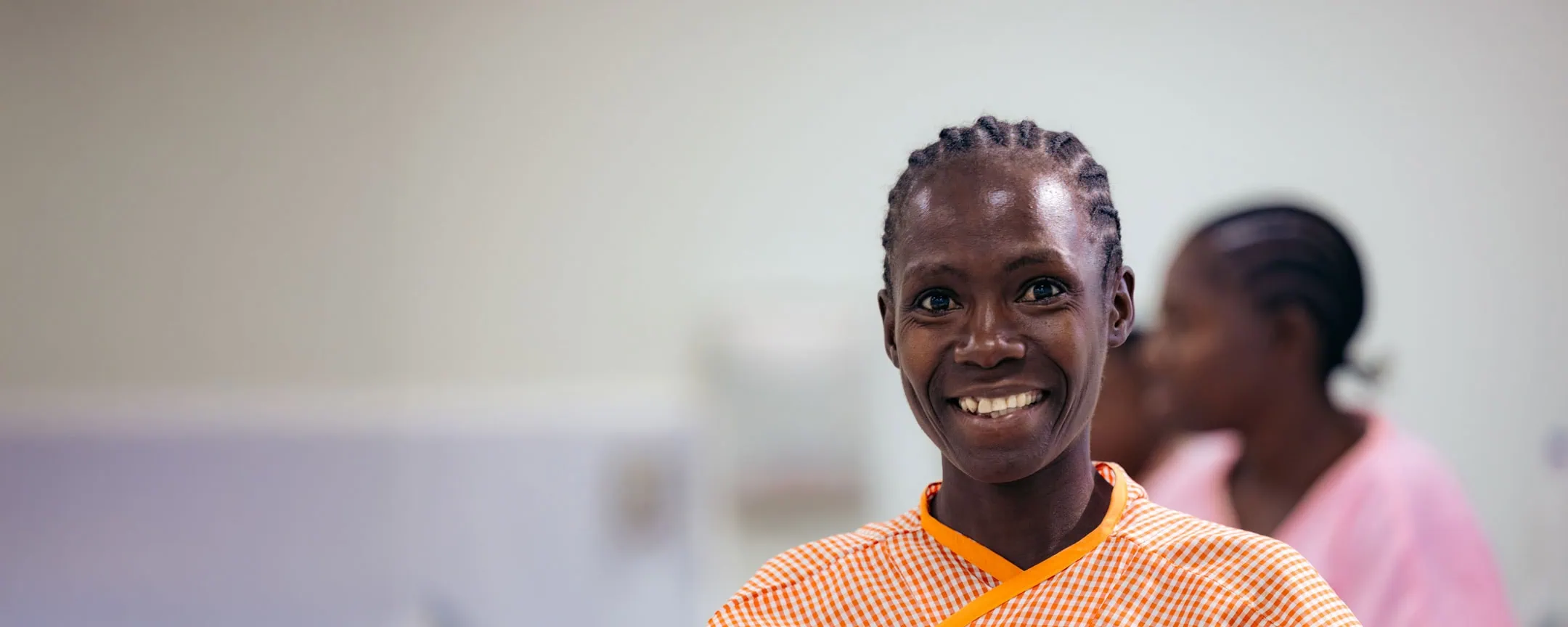Why We Work in Angola
Angola was devastated by a decades-long civil war that ended in 2002. The country’s peace contributed to its own “baby boom,” but Angola’s health infrastructure has not been able to keep up with the needs of its burgeoning population. Despite the country’s wealth in natural resources, health indicators are grim: Angola has one of the world’s highest fertility rates and lowest life expectancy.
While the country has been striving to reduce maternal mortality, it still lacks adequate maternal health services and emergency obstetric care for women. Today less than half of women give birth with a skilled medical professional present, putting women at significant risk for childbirth injury such as obstetric fistula should complications arise.
What You Help Us Do
We are investing in the following areas to build Angola’s in-country medical services and provide life-transforming surgery to as many women as possible:
Meet Our Partners
We identify local surgical teams in Angola already successfully treating women with fistula—and then work to amplify their efforts.
Centro Evangelico de Medicina de Lubango (CEML)
- Location: Lubango
- Partner Since: 2009
Kalukembe Hospital
- Location: Lubango
- Partner Since: 2016
Vangulula Foundation
- Location: Cuito, Huambo, Luanda, and Luena
- Partner Since: 2013
Votoka
- Location: Cuito
- Partner Since: 2024
Below are funding totals since the start of each partnership.
Current Partners
- Centro Evangelico de Medicina de Lubango (CEML): $2,292,370
- Kalukembe Hospital: $265,550
- Unidade Fistula Obstetrica (UFO): $2,134,080
- Votoka: $64,385
